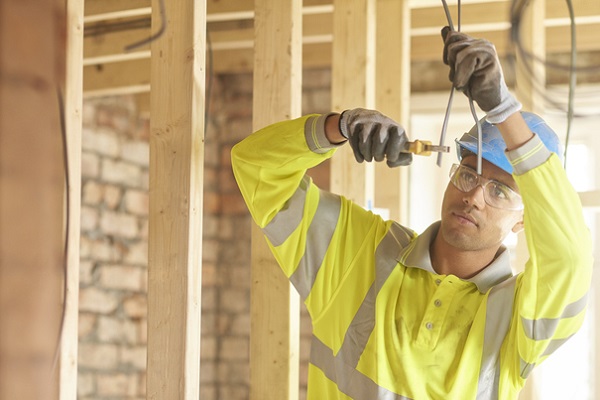The life of a sparkie in the middle of a pandemic
With vaccines being rolled out across the world, we’re on the home stretch of the pandemic. James Tinslay looks at what has happened to the electrical contractors life throughout.
In a country such as Australia where one political party’s proposals are often opposed by the other parties, simply because they did not originate with them, the United States of all places is going down the path of a new National Apprenticeship Act with broad bipartisan support.
ADVERTISEMENT
The United States has not been known in the past decade or two to be bipartisan on anything much and especially so during the past four years.
This Act will apply across the entire United States and provides for their Department of ‘Labor’ to regulate and provide over $3.5 billion towards expanding opportunities and access to apprenticeships in the next five years, totalling nearly one million new apprenticeship opportunities.
Why is it that Australia, a vastly smaller country, has a hodgepodge of federal and state acts and regulations that scramble the requirements for apprenticeship training and electrical licensing?
Unless you have been living under a log for the past year or more you would have seen the COVID-19 ‘border wars’ that have deeply affected both private citizens and businesses going about their lives. The one-upmanship of some state Premiers has been disappointing.
Border wars also exist between states for electrical licensing and apprenticeship training leading to a license. A few factors that vary significantly can be the length of the apprenticeship, the number of off-the-job teaching hours, application of the Capstone exam and additional requirements that apply in some states.
What can also have a negative influence is the jurisdiction in which electrical licensing and apprenticeships regulators are placed in the various states. The jurisdictions vary from consumer protection bodies, industrial relations, workplace safety and more. Is it no wonder that despite the existence of the Electrical Regulatory Authorities Council (ERAC) that little progress has been made in past years?
The only solution is for a strong-handed federal government to grasp control by legislation to set up a workable and consistent system. I see no desire for any political party that may take power to go down that path. The border wars will continue.
I think it is well understood by all readers of Electrical Connection that the electrical contracting industry is broad and wide with many different skills and experiences required to safely and competently undertake work. This has led us over the past few decades into a situation where an apprentice undertaking his training with an electrical contracting business specialising in construction will effectively not learn the skills required for service, smart houses, solar and many other specialities.
Those areas may be touched on by the RTO but an electrician undertaking such an apprenticeship will be restricted in career advancement and diversity without additional training and work experience.
COVID-19 has had devastating effects on many occupations and industries but the electrical contracting industry has not, in the main, been in that classification. Worldwide successive lockdowns and curfews imply that we spend more time at home. Altogether, this situation exacerbated citizens’ need for ‘feeling good at home’.
To work, study or simply stay at home most comfortably, it is more than ever essential to rely on enough light, ventilation and connectivity. A house owner can view upgrading the property as a safe investment in current times.
Electrical contractors can bring value to their client by proactively presenting to them a wide range of solutions to upgrade their indoor life quality. It is not just housing, the opportunities are endless. In terms of a business offer, contractors have access to new data services such as predictive maintenance (based on sensors and apps) and software updates.
Consumers and business owners often see “sparkies” as a reluctant call to repair a fault or install a new outlet. The industry needs to create an incoming wave of young electrical workers who have the necessary skills and experience to expand the market with intelligence and guidance from mentors.
The whole industry from employers, suppliers and educators need to ensure that the industry has the firepower to capitalise on the opportunities bought about by COVID-19 and the ‘greening’ of the infrastructure of the planet which is now well underway.
-
ADVERTISEMENT
-
ADVERTISEMENT


